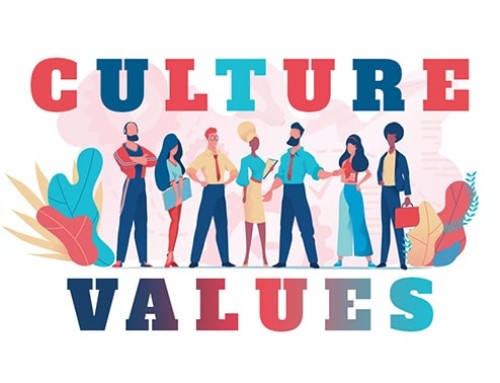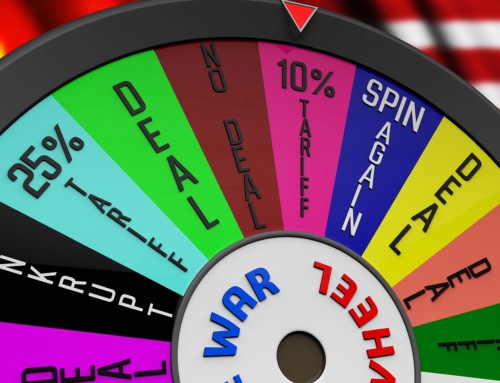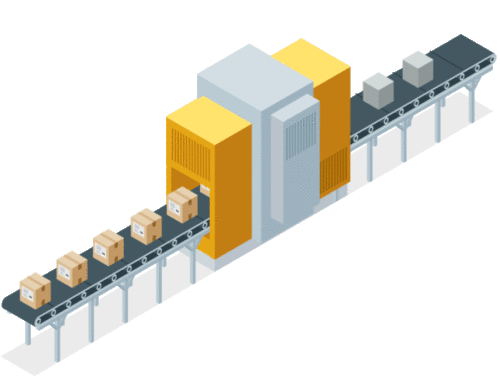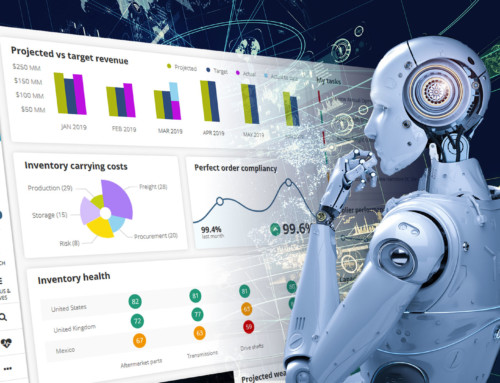Supply Chain: An ally in the everyday life
New year, new resolutions…
This year, we suggest that you put aside these often unfulfilled commitments and focus on improving our daily lives!
Spending as little time as possible on daily tasks is everyone’s challenge in order to free up quality time and be able to devote it to activities that we consider more rewarding.
The parallel with Supply Chain becomes very easy here because its main principles are perfectly applicable to the management of our everyday life.
Let’s start with the domestic tasks that are incumbent upon us and lead us to think efficiently about our organization. For example, we are talking about family logistics, with the optimization of home-school-work-school-home-activities-home journeys to save time and energy.
There is not yet a ready-made manual for the perfect organization of the home, such as “I manage my home for Dummies”, and the simple management of the home economics can become a daunting task without a minimum of organization?

But that’s without counting on the treasures of common sense that human beings are brimming with for their survival! And this is how the Supply Chain is part of your daily life, without you even knowing it…
As an instinctive logistician, the modern man will proceed in this way to feed his home in an optimal way:
- As a Planning Manager, he will forecast weekly requirements: what is the current stock level, what will be the menu for the week, how many people to feed, how many meals to prepare… taking into account any special features (our famous “impactors“).
- As Purchasing Manager, he will establish a procurement strategy: what are the needs? What are the deadlines? With what budget and quality criteria does he select his suppliers? So, if he has time and a large budget, he will most likely go to the producers at the market and to the local merchants who offer products – certainly organic – of superior quality.
- As Director of Operations, he will then enter into operational logistics: going shopping by scheduling this task in his daily schedule so as to compress the time spent on it. Or even better, having the groceries delivered to your home to be even more efficient.
In other words, all Supply Chain responsibilities are covered!
But the analogy doesn’t stop there, and many of the concepts we use in Supply Chain are part of our lives.
Here are a few examples, which prove that you are Supply Chain experts without perhaps knowing it!
- Your inventory management and meal preparation strategy will evolve from Make to Order (you prepare meals the same day) to Make to Stock (you anticipate and prepare in advance to keep / store). The next stage consists of delegating the management of food supplies to your supplier according to established criteria (Vendor Management Inventory). Widely used in Supply Chain, its application in our daily life is only a matter of time… Walmart and others are already thinking about solutions to manage your stocks… including storage in your refrigerators!
- The management and optimization of your stocks are obviously based on Supply Chain criteria: you supply quantities according to a Min-Max logic, and the respective expiry dates will be of great importance when preparing the meal. Short DLUOs will be stored in the picking area for quick use. Longer DLUOs will be stored in the cupboards or at the bottom of the fridge for the next production… considering that you master the FIFO (First In First Out: the first product in stock will be the first consumed).
- As far as managing milk or diapers for a baby is concerned, managing replenishments via KANBAN is a must-have to avoid any break in the middle of the night!

What is even more interesting is our natural ability to optimize. We do this by using the principles of LEAN Management without really realizing it! We seek to add value to activities with added value (what we consider important to satisfy our internal customer = us) and to reduce waste, i.e. activities that we consider to be of no added value and which do not provide us with any satisfaction.
The application of these methods allows us to refocus on the essential: freeing time and energy for what really matters, allowing us to regain well-being and serenity.
The Supply Chain is, by definition, the management of flows from suppliers to end customers. The human being is, by nature, in movement and therefore generates flows. As a result, we are all actors, contributors and managers of our own Supply Chain. The more people there are, the more complex the Supply Chain becomes: a single person does not have to manage as many flows as a family with 3 children!
As you can see, the parallel between daily life and Supply Chain is obvious. We organize and optimize our daily life as a Supply Chain. We can then ask ourselves 2 questions:
The 1st: Who inspired whom: did the Supply Chain principles arise from our daily life?
The 2nd: Do professionals in the field have an optimized daily routine? Or is the adage “shoemakers have the worst shoes” true?
Need more information ?




